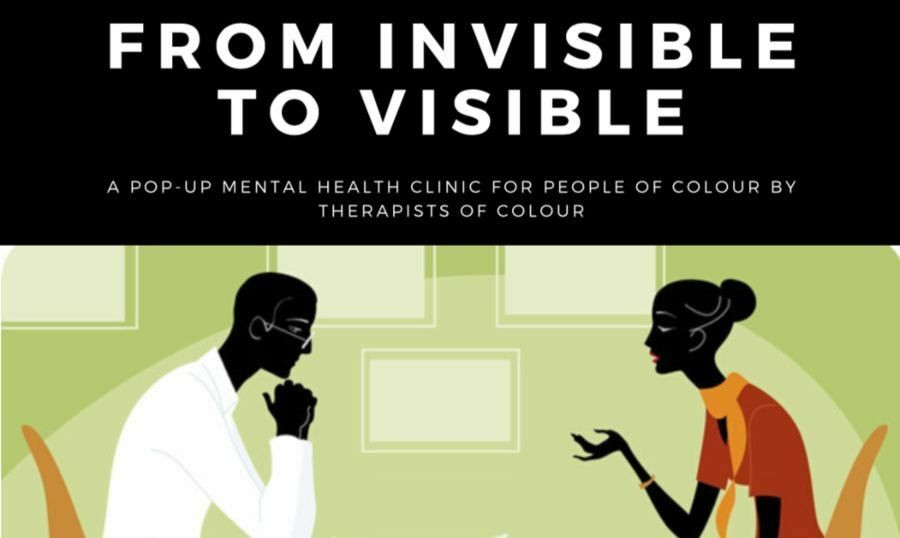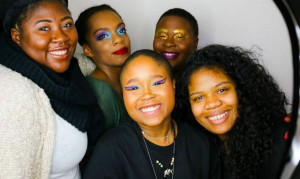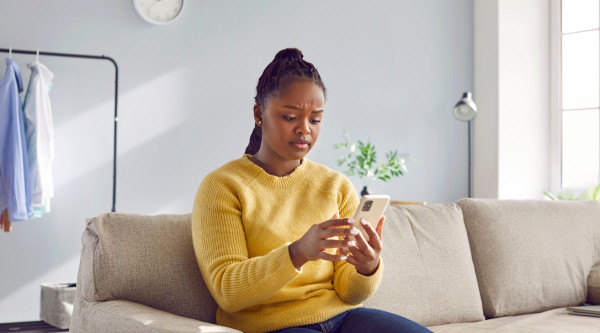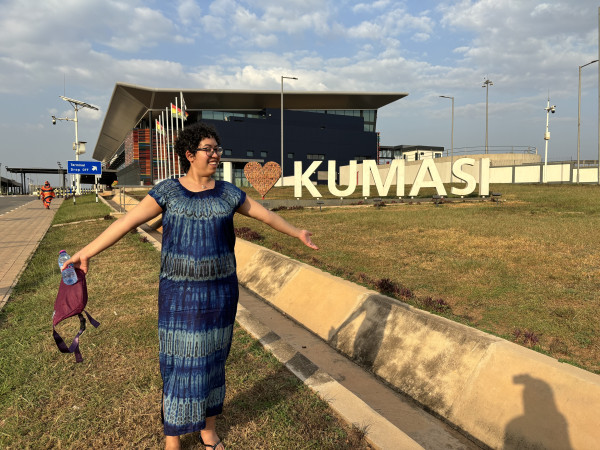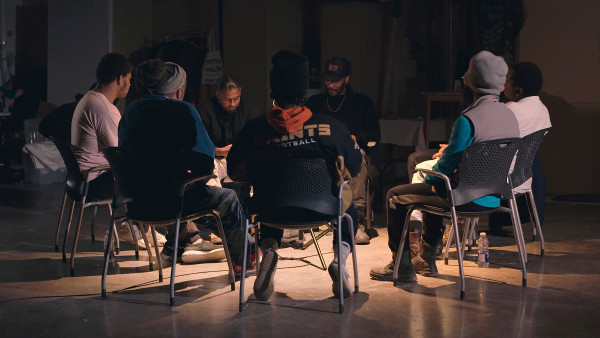The lack of diversity in therapists, and more particularly, the lack of black therapists is not a new problem.
In 2016, the Mental Health Commission of Canada released a report called “Immigrant, refugee, ethnocultural and racialized populations and the social determinants of health - A Review of the 2016 Census Data.” According to their website, the report seeks to address the discrimination, language barriers and sense of displacement that immigrants, refugees, and members of distinct ethnocultural groups often experience. MHCC believes that “these factors can greatly affect a person’s wellbeing and prevent awareness of available mental health services and supports,” and that once they finally do reach out for help, “their cultural background may lead them to describe the problem in ways that are unfamiliar to service providers, which can cause misunderstanding.”
Unfortunately, information like this does not surprise Sandy.
“Although you know you’re in a school of social work and all these different areas of education that promoted and encouraged diversity, it wasn’t reflected in the classroom,” Sandy said when reflecting on her time as a masters student pursuing her degree in counselling. Sandy said that she and one other student were often the only visible minorities present.
Sandy, who now runs a private practice called Carole Consults. Inc, sees the growing need for therapists who can understand the cultural family dynamics as well as the racial tensions that black people have to navigate daily.
“So many of us in the black community are struggling with a lot of stress and a lot of, you know, various traumas, that we haven’t spoken about. Incidents that occurred when they were very young that were pushed under the carpet…” Sandy added that now she’s seeing a lot of young people who are more aware and are saying ‘no more’.
“For me that just makes me want to just jump when I hear that. It’s so exciting,” Sandy said when describing her young black clients that are speaking up and refusing to repeat patterns of pain in their family. Apart from that, Sandy also sees the stress of microaggressions that many black people have to face in spaces like their workplaces.
“How do I stand up for myself and still keep my job when I feel insulted? How do I have that conversation?” These are some of the types of questions that Sandy said she often receives in the room during sessions.
For Anna Catherine Ferguson, 22, finding and connecting with a therapist that looks like her has been a challenge. “I’ve been searching for a black therapist since November of 2019 … I want a black therapist because quite a few of my issues are rooted in my identity as a black woman, and I feel like speaking with a black woman would allow me to connect more,” she said.
Ferguson added that trying to build a safe space with a therapist can already be hard, and that comfort plays a big role in that experience for her; “it’s hard enough opening up to a stranger, but any added level of familiarity I believe helps with comfortability.”
To address problems like this, and other barriers that she believes prevents many black people from seeking out therapy, Sandy has put together an event called “From Invisible to Visible”. The event is a two-day pop-up walk-in-clinic with therapists of color, and will take place on Feb. 22 and 23. It’s designed for people of color who are in need of mental health services but have been unable to access the services they need. In honor of Black History Month, the event will also address how the impacts of discrimination add to the barriers that black people face when seeking out adequate health care.
Those attending will get one 40-minute session with a therapist at $25 per person. Sessions will be booked between 10 a.m. to 4 p.m.
To register, donate, or for any other details about the Invisible To Visible event, please email This email address is being protected from spambots. You need JavaScript enabled to view it.
And remember you can also find a list of Black therapists in the ByBlacks business directory.
Know a Black Canadian story we should cover? Email us: info at byblacks.com
Elizabeth Ononiwu is Nigerian born and Canadian raised. A passionate storyteller, she writes on topics relating to her Christian faith, women's health issues, race, film and theatre. She's currently completing her journalism degree at the University of Toronto. Follow her on Instagram @Elizabeth_Ononiwu
